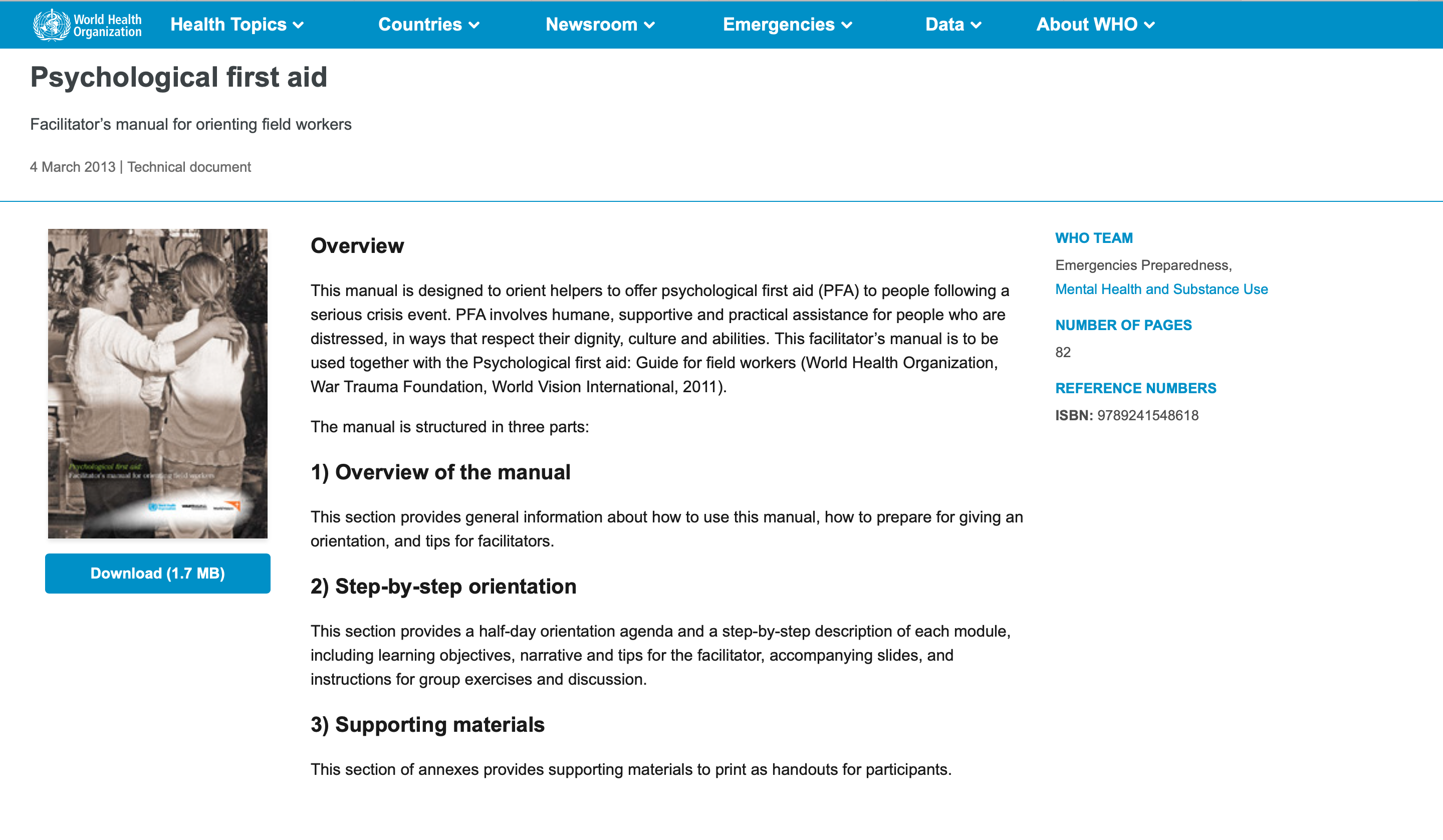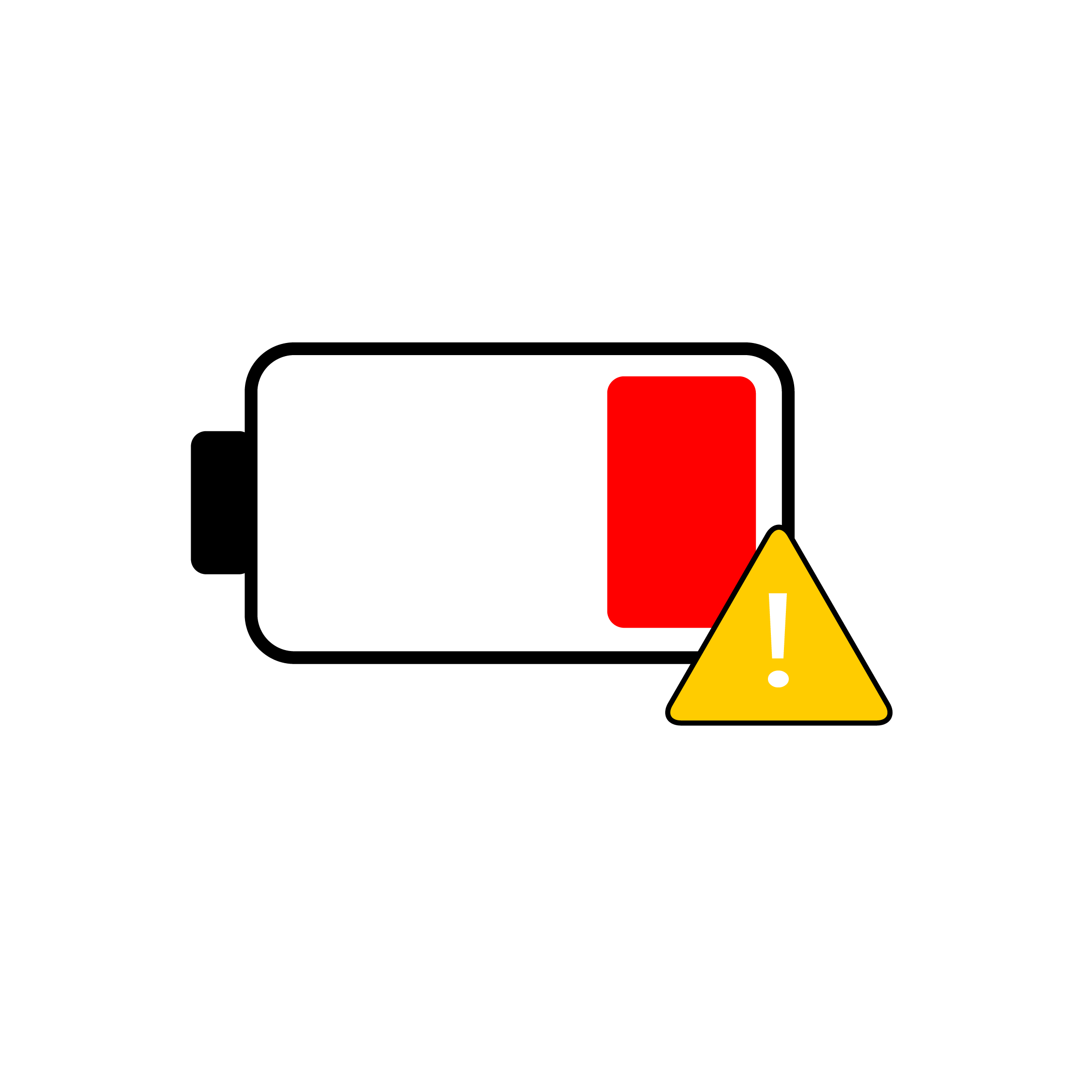Post-pandemic Reality: I Do Not Feel Like My Usual Self
CELEST THAM explores the reasons why youths find their post-pandemic selves different from their pre-pandemic selves and the ways to deal with it.
In psychology definitions, an introvert gets their energy from being in their own company, while an extrovert gets their energy from being with people. Photo by Celest Tham.
BY
Celest Tham
Section Editor
Hype Issue #55
Published on
May 27, 2022

“No more group size limits and safe distancing,” is an uplifting piece of news after more than two years of the Covid-19 pandemic. With the new measures, such as the removal of the five people group size limits in place, do youths finally have a reason for cheer?
Marissa Ariella, 19, who was previously quite extroverted, feels that the relaxed measures have not had much of an impact on her social life.
“My social battery drains more and I do not find joy in being at a social event or being in a group setting. I just get extremely drained and want to be alone most of the time,” she says. “Nowadays, … I only go out with a [select] group of people.”
According to the survey findings from TODAY’s Youth Survey in 2021, 54 per cent of 1,066 youth respondents aged between 18 and 35 said that they are now less sociable when compared to their pre-pandemic selves.
“I loved meeting new people and making new friends. However, come the pandemic, I did not get to have a normal face-to-face [polytechnic] orientation. Everything was online, it felt so impersonal,” says Marissa. “I was incapable of making friends online. I became so much of an introvert after 2020.”

Marissa (third from the left) used to hang out with her groups of friends regularly. Photo courtesy of Marissa Ariella.
After months of life under ever-changing restrictions and not being able to freely and safely socialise, has the pandemic made us all introverts?
Lily Tan (not her real name), 18, used to be told that she was on the more extreme side of the introversion spectrum.
“I was a lot more timid and shy before, but now, I am slightly more open and more confident,” says Lily. “Since I [was] not actually meeting people face-to-face during the pandemic, that started to change the way I view people.”
For Lily, the use of online platforms during the pandemic allowed her to be more prepared before meeting people. This has given her more flexibility when she is not at her best.
The different perspectives of different personalities suggest how it is common that people are no longer like their earlier, pre-pandemic selves.
A New York Times article named “You Can Be a Different Person After the Pandemic”, states that “the person who emerges from quarantine doesn’t have to be the same old you. Scientists say that people can change their personalities well into adulthood”.
Rather than a ‘change’ in personality, Associate Professor Dr Daniel Fung, the chief executive officer of the Institute of Mental Health, addresses it as a response to stress.
“Different people respond to stress differently. We have hormones that help us to manage change, [and the body] is able to sort of react to certain scenarios that you are not familiar with (in a way that is manageable),” says Dr Fung.
Different people respond to stress differently. We have hormones that help us to manage change, [and the body] is able to sort of react to certain scenarios that you are not familiar with (in a way that is manageable).
As every individual is unique, it is difficult to generalise the reason why this personality shift is happening. However, most young people had something in common during the past two years – they had to grapple with the feelings of social isolation triggered by the pandemic.
Ms Megan Tang, a counsellor from Limitless, a non-profit organisation that provides counselling for youth, shares her experiences on this phenomenon.
“Many of the social experiences we would have in the past came from school and work life. However, most youths have been going through HBL (Home-Based Learning) and have not been able to meet any of their classmates or peers in the past few years,” says Ms Tang. “This is quite an adjustment for them ever since restrictions started easing up, the initial back and forth of change in restrictions also played a part in their struggle to adapt.”
Likewise, Dr Fung acknowledges it as a challenge.
He says: “Young people in particular are developing the world. The key thing to achieve is to separate from their family of origin, to move out and be independent. If the process is disrupted, they are not given the opportunity to relate with others due to the pandemic, it creates additional stress.”
However, looking on the bright side, Marissa finds her introverted self to be more “sustainable” and “practical”, as she has learnt to set boundaries when it comes to attending planned events and meeting friends.
“When you are an extrovert, you put yourself out there to be very vulnerable with everybody, but an introvert is kind of guarded, you are very selective to whom you are opening up to,” says Marissa.
Speaking of boundaries, experts have some similar suggestions to better cope with the changes in one’s lifestyle, seeing that the bustling social life is making a comeback.
“Take it one day at a time, create boundaries and find ways to destress. Don’t compare yourself with what others may be going through and have a set expectation to conform [to],” says Ms Tang. “Speak to someone who can help identify your issues with adjustment and build awareness on how it’s affecting you.”
Peer-to-peer support is indeed crucial and helpful. During the time when most Covid-19 restrictions were still in place, Lily received care from her friends when she was not able to effectively bond with her peers.
“I was not one to use social media much and I rarely chat with them in group chats, so I slowly got excluded. But after some time my friends realised that, so they set up times to do video calls,” she said.
“Listen to one another without judgement, validate each other’s feelings and thoughts. I think a lot of comfort comes from knowing we aren’t alone in our experiences. Don’t be dismissive and don’t silence or shame people,” Ms Tang adds.
Listen to one another without judgement, validate each other’s feelings and thoughts. I think a lot of comfort comes from knowing we aren’t alone in our experiences. Don’t be dismissive and don’t silence or shame people.
In this day and age where society has become more digitised, the community has become more virtual and there are well-developed websites and online resources that allow people to provide more practical support. One of them is psychology first aid (PFA), suggested by Dr Fung.
“WHO (World Health Organisation) has a document that teaches you ways to offer psychological first aid, such as [looking] out for problems, [listening] to the individual, [helping] them to cope better, and [linking] them up to resources for further help,” he explains.

The PFA manual that can be found and downloaded on WHO’s website. Screenshot taken from WHO’s website.
Before we have seemingly realised it, pre-pandemic life has returned, though not exactly. The process of re-acclimating to social life, and getting in touch with our pre-pandemic selves seems daunting and stressful. However, by acknowledging transitional periods where things may not go back to how they were, we can be more patient and open-minded when discovering different versions of ourselves.



Thank you very much for sharing. Your article was very helpful for me to build a paper on gate.io. After reading your article, I think the idea is very good and the creative techniques are also very innovative. However, I have some different opinions, and I will continue to follow your reply.
sleeping music
stress relief
relax everyday
Your article helped me a lot, is there any more related content? Thanks! https://www.binance.com/join?ref=P9L9FQKY
Can you be more specific about the content of your article? After reading it, I still have some doubts. Hope you can help me.
I don’t think the title of your article matches the content lol. Just kidding, mainly because I had some doubts after reading the article.
Can you be more specific about the content of your article? After reading it, I still have some doubts. Hope you can help me.
Thank you for your sharing. I am worried that I lack creative ideas. It is your article that makes me full of hope. Thank you. But, I have a question, can you help me?
Nice to meet your blog
Thanks for sharing. I read many of your blog posts, cool, your blog is very good.
Nicely put. Thanks a lot.
no deposit online casino usa casino online casino
Play at Pin-Up Casino Canada
Looking for the best online casino experience in Canada? Pin-Up Casino is your go-to platform for premium entertainment. Whether you’re a casual gamer, Pin-Up Casino offers endless opportunities to suit every taste.
Why Choose Pin-Up Casino?
Huge Selection of Games: Play classic table games from world-class developers.
Generous Bonuses and Promotions: Unlock free spins to maximize your winnings.
Fast and Secure Payouts: Experience trusted banking methods with complete peace of mind.
Mobile-Friendly Gaming: Enjoy seamless gameplay on your phone or tablet.
24/7 Support: Get reliable help from the Pin-Up Casino support team whenever you need it.
How to Get Started at Pin-Up Casino Canada?
Sign Up: Visit the Pin-Up Casino website and join easily.
Claim Your Bonus: Take advantage of cashback promotions.
Explore the Games: Discover all your favorite casino games.
Start Playing and Winning: Spin the reels, place your bets, and win big.
Top Games Available at Pin-Up Casino Canada:
Slots: From progressive jackpot games to high-quality themed slots, there’s something for every player.
Table Games: Enjoy blackjack, roulette, baccarat, and poker.
Live Casino: Experience real-time thrills with professional dealers.
Why Pin-Up Casino is Canada’s Favorite Online Casino?
Pin-Up Casino combines fast payouts to create the perfect experience for Canadian players. With hundreds of games, it’s no wonder Pin-Up is a top-rated online casino.
Don’t Miss Out – Start Winning at Pin-Up Casino Canada!
Log in to Pin-Up Casino at
casino
to claim your bonus and enjoy nonstop thrills!
I don’t think the title of your article matches the content lol. Just kidding, mainly because I had some doubts after reading the article. https://www.binance.info/zh-CN/register?ref=WFZUU6SI
Nicely put. Regards.
casino rewards canada best online casinos in canada 888 casino canada
You said it nicely.!
online casino gaming best online casino mentor
This is nicely expressed. !
best casino canada https://bhcmerced.org/canadian-casino-online/ casino canada online
foundation repair nashville tn [url=https://longnews.ru]https://longnews.ru[/url] colonial mortgage company
Плоская кровля https://1podveryam.ru/poslednie-materialy/montazh-ploskoj-krovli-iz-pvh-membrany.html становится всё более популярной в современном строительстве. Она отлично подходит для домов и офисов, где важна эффективность. В отличие от скатных крыш, плоская конструкция открывает новые возможности.
Одним из ключевых плюсов является возможность организации полезного пространства. На такой крыше можно создать террасу. Это особенно важно для городских зданий.
Конструкция плоской кровли требует надёжной защиты от влаги. Небольшой наклон делает гидрозащиту обязательной. Используются современные материалы: мембраны ПВХ, гарантирующие долгий срок службы.
При тщательном подходе плоская кровля становится практичным и стильным решением. Она подчёркивает современный облик здания и позволяет эффективно использовать пространство.
Этот увлекательный информационный материал подарит вам массу новых знаний и ярких эмоций. Мы собрали для вас интересные факты и сведения, которые обогатят ваш опыт. Откройте для себя увлекательный мир информации и насладитесь процессом изучения!
Получить дополнительную информацию – https://vivod-iz-zapoya-2.ru/
Delving deeper into the post-pandemic identity changes observed among youths, could we uncover similar patterns across different cultures and societies? Or are these shifts uniquely personal, akin to the roll of a dice in an online casino ()? Let’s explore the universal and the idiosyncratic in this intriguing post-pandemic reality.
https://thenationonlineng.net/betting/cz/neterapay-casino/
загородные дома из клееного бруса